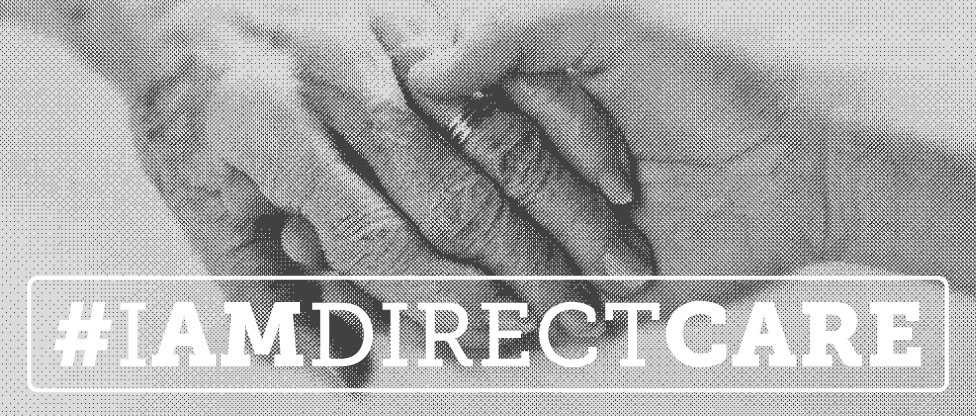If you know anything at all about hockey, you know that in order to survive in the game, you must think proactively. It’s the same with most sports, actually. To receive the pass, you go where the object you’re receiving is going – not where it’s already been.
It’s the most basic of principles, and it applies to medicine, too. The ACA is around to stay for a while – that’s just the way of it. So to prevent a giant ball from being dropped, Direct Care is taking it upon itself to show patients where the industry should go in order to catch the pass that is healthcare.
It’s this kind of proactive thinking that is leading docs around the country to open up Direct Care practices. These docs are standing in the end zone, frantically waving their arms calling for the pass; they’re wide open! Their rally cry? Patients really can save money while getting the kind of care they forgot even existed. Third party payments become a thing of the past, and people are reminded of how simple the whole thing can be.
Wayne Gretzky is a hockey hall-of-famer; one can only assume that’s partially because of his ability to apply the principle he so eloquently expressed. Skate where the puck is going, not where it’s been.

